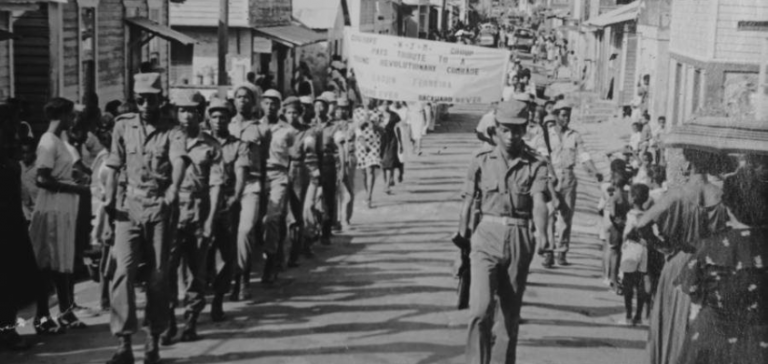Grenada – Forward Ever: The Caribbean As A Zone Of Peace
I am writing from a small country that once dared to imagine a different world. Grenada’s 1979 Revolution (the Revo’) offered a vision of dignity, solidarity and people’s power that still resonates today.
Described by a 2019 Tribune Magazine article as “…a socialist revolution in the tiny Caribbean island of Grenada threatened to upturn the world economic order…”, the Revolution sought to bring about real change for its people and the world.
When we said “Forward Ever, Backward Never”, it was not a slogan but a declaration of faith in our own humanity.


